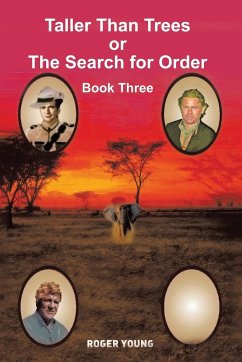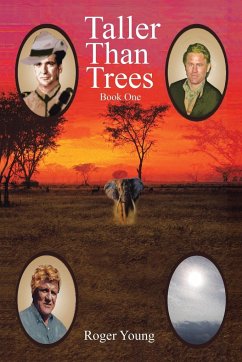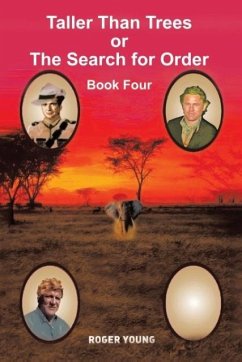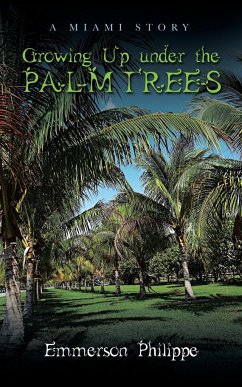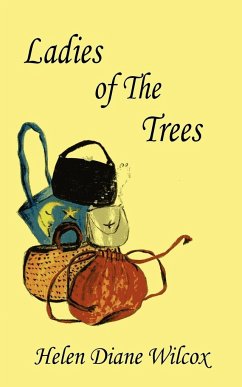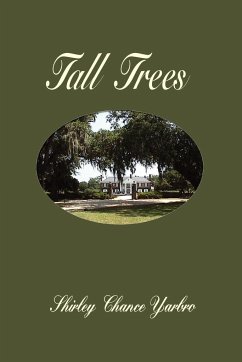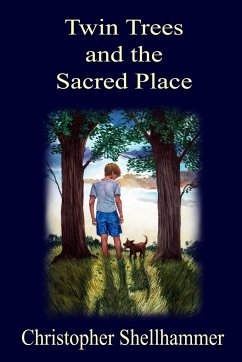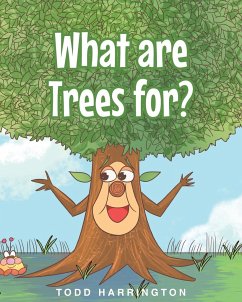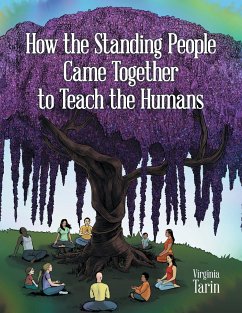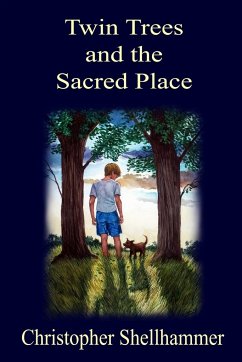
TALLER THAN TREES
Versandkostenfrei!
Versandfertig in 1-2 Wochen
32,99 €
inkl. MwSt.
Weitere Ausgaben:

PAYBACK Punkte
16 °P sammeln!
Southern Rhodesia, Central Africa. In March 1914, occurred a mutiny at the Curragh Barracks, Dublin, Ireland, when the O/C refused an order from the Government in London to disarm political protesters in the North: 'It's wrong!' he said. 'And it's not a soldier's job,' he added. Next day, in the lawless settlement of Queenstown in Rhodesia, their new trooper made a rule: No force may be initiated by anyone, including me. It's wrong,' he said. "And it's my job, anyway.' Which was shrugged off as being obvious - till someone challenged it, with results so dire that no one ever tried again. Effec...
Southern Rhodesia, Central Africa. In March 1914, occurred a mutiny at the Curragh Barracks, Dublin, Ireland, when the O/C refused an order from the Government in London to disarm political protesters in the North: 'It's wrong!' he said. 'And it's not a soldier's job,' he added. Next day, in the lawless settlement of Queenstown in Rhodesia, their new trooper made a rule: No force may be initiated by anyone, including me. It's wrong,' he said. "And it's my job, anyway.' Which was shrugged off as being obvious - till someone challenged it, with results so dire that no one ever tried again. Effectively, 'no force' meant no government; which had to be replaced, so an Arbitrator's Court was fixed on for disputes. But it also meant no licences or taxes, which brought something never before seen: employment. It also meant no regulations. A police patrol, unaware of the position, tried re-imposing them and was repulsed. Members of the trooper's old patrol (Book One), sent to join him, frustrated two attempts on his life. A pair of pressmen, looking for a story, stayed to found a paper. The town was surveyed, sold by auction to its residents, and its squatter-status solved. The opposition (there were some) called for a debate and were demolished. Crooks arrived, sure of easy pickings (wrongly). A second market started: Uvelani. A police was always needed, so a way to finance one without the use of force devised. To protect potential customers was also needed, and a search began... To those who say 'The book is to try and show,' or that 'It isn't possible,' the answer is No: forgotten, is that Queenstown had no alternative. 'Force is wrong' was absolute, and if they wanted to survive, what happened was the logical result. But can or does a free society work? Read on.





